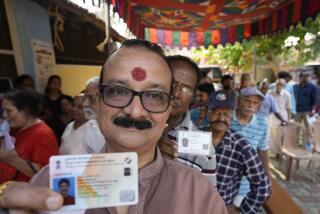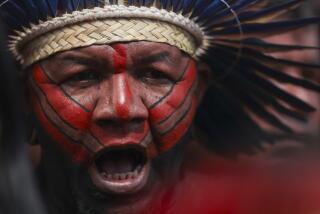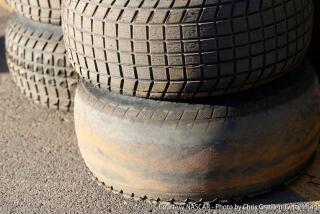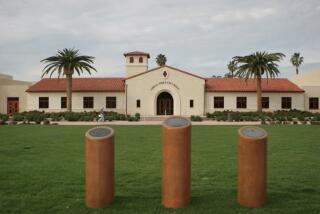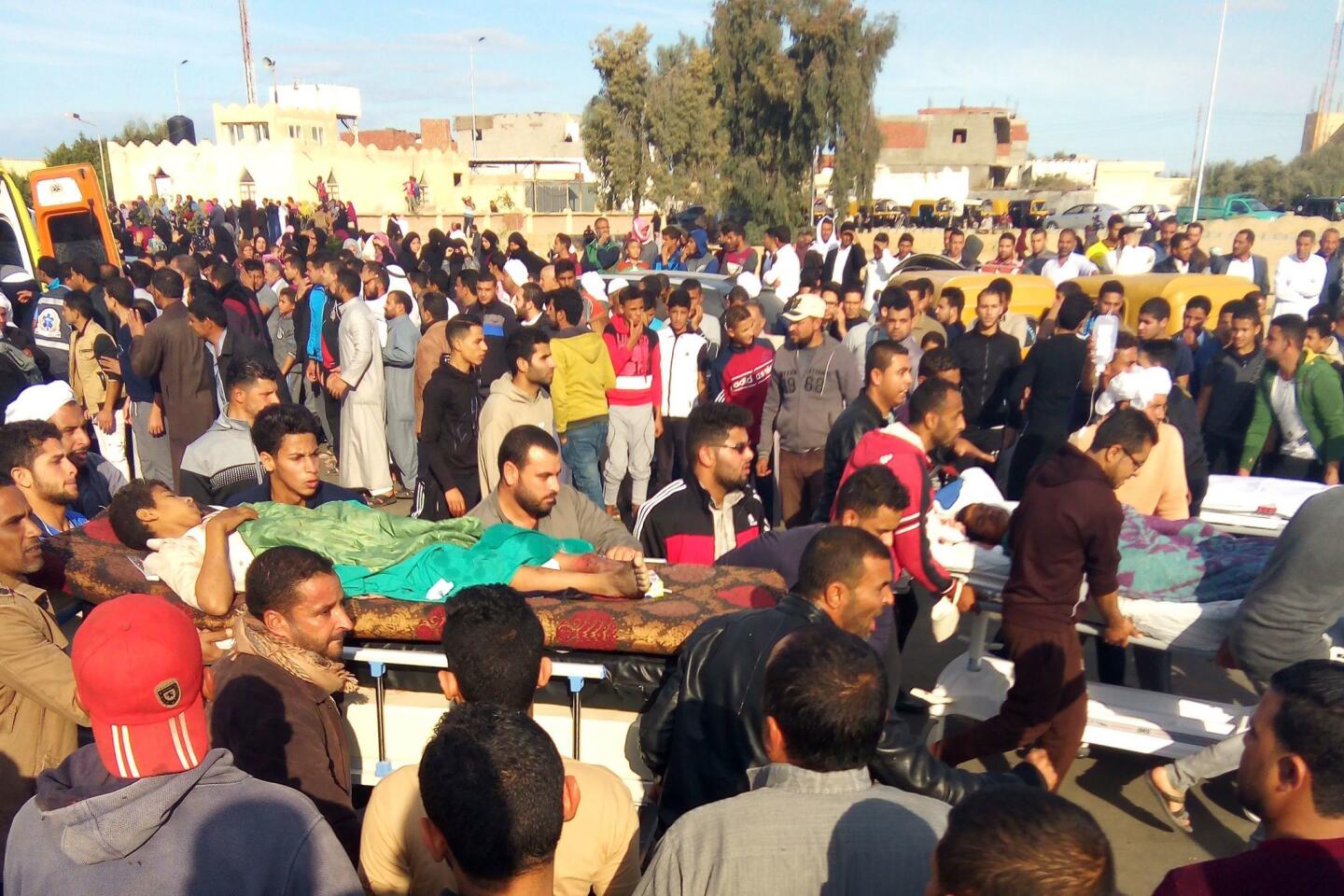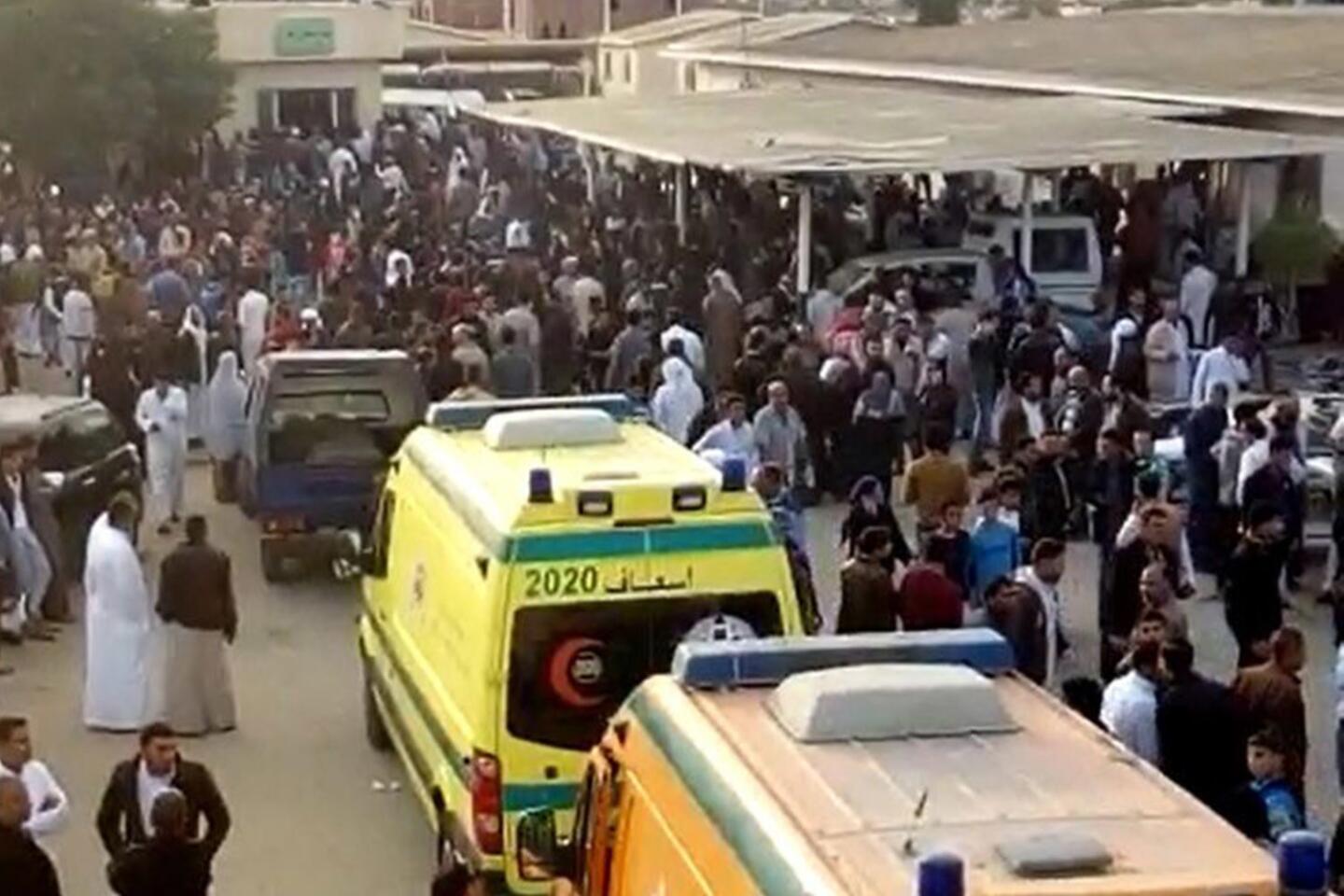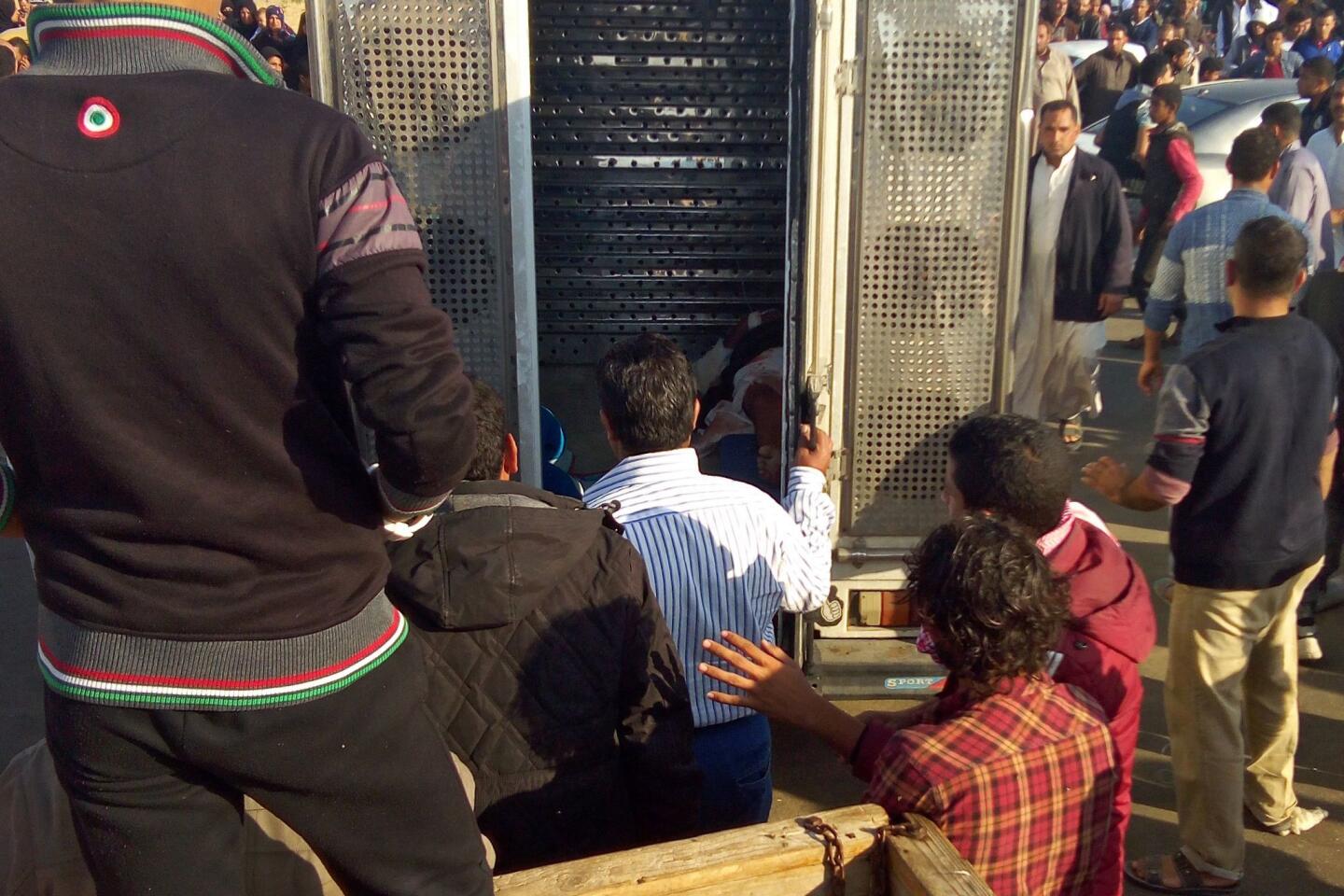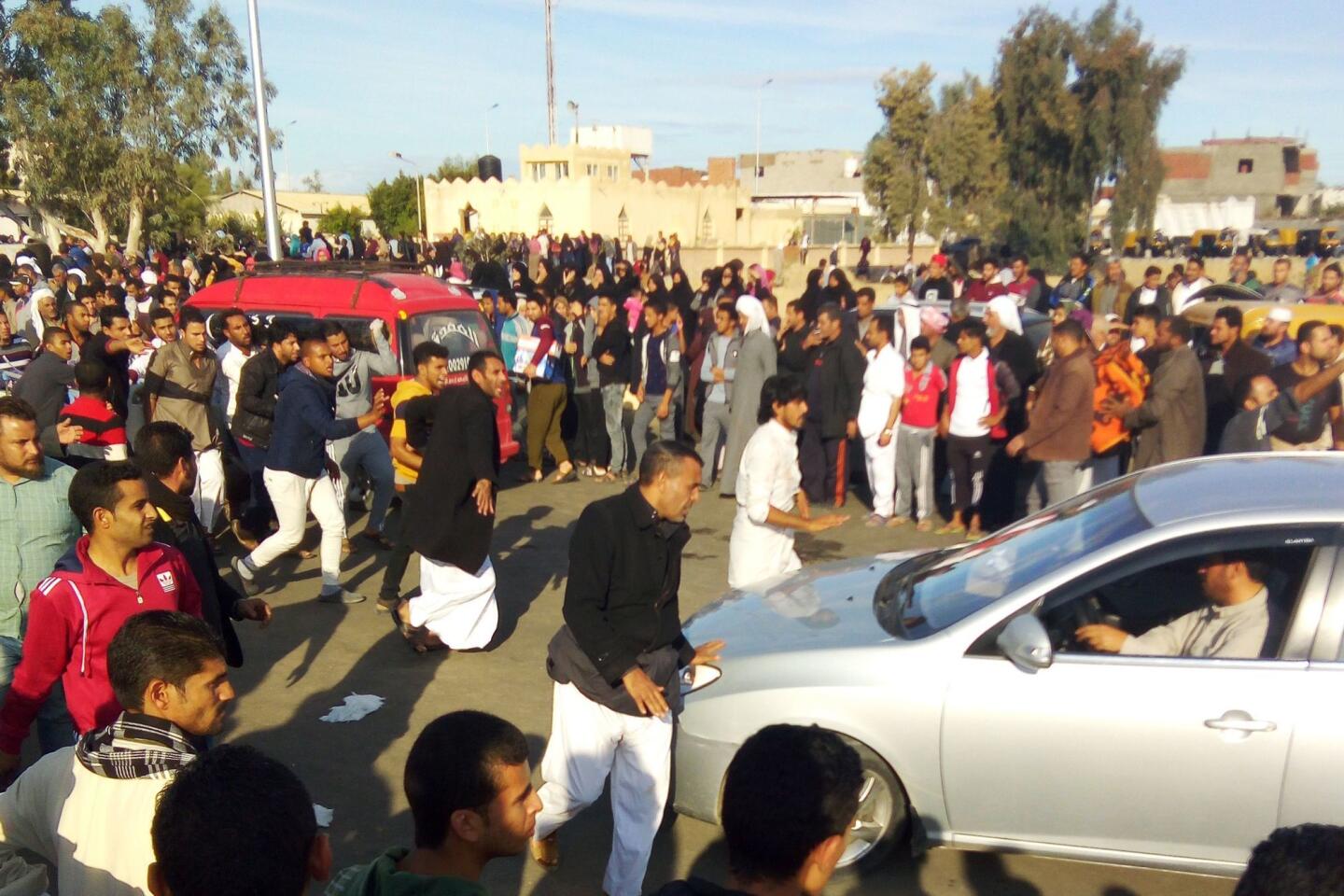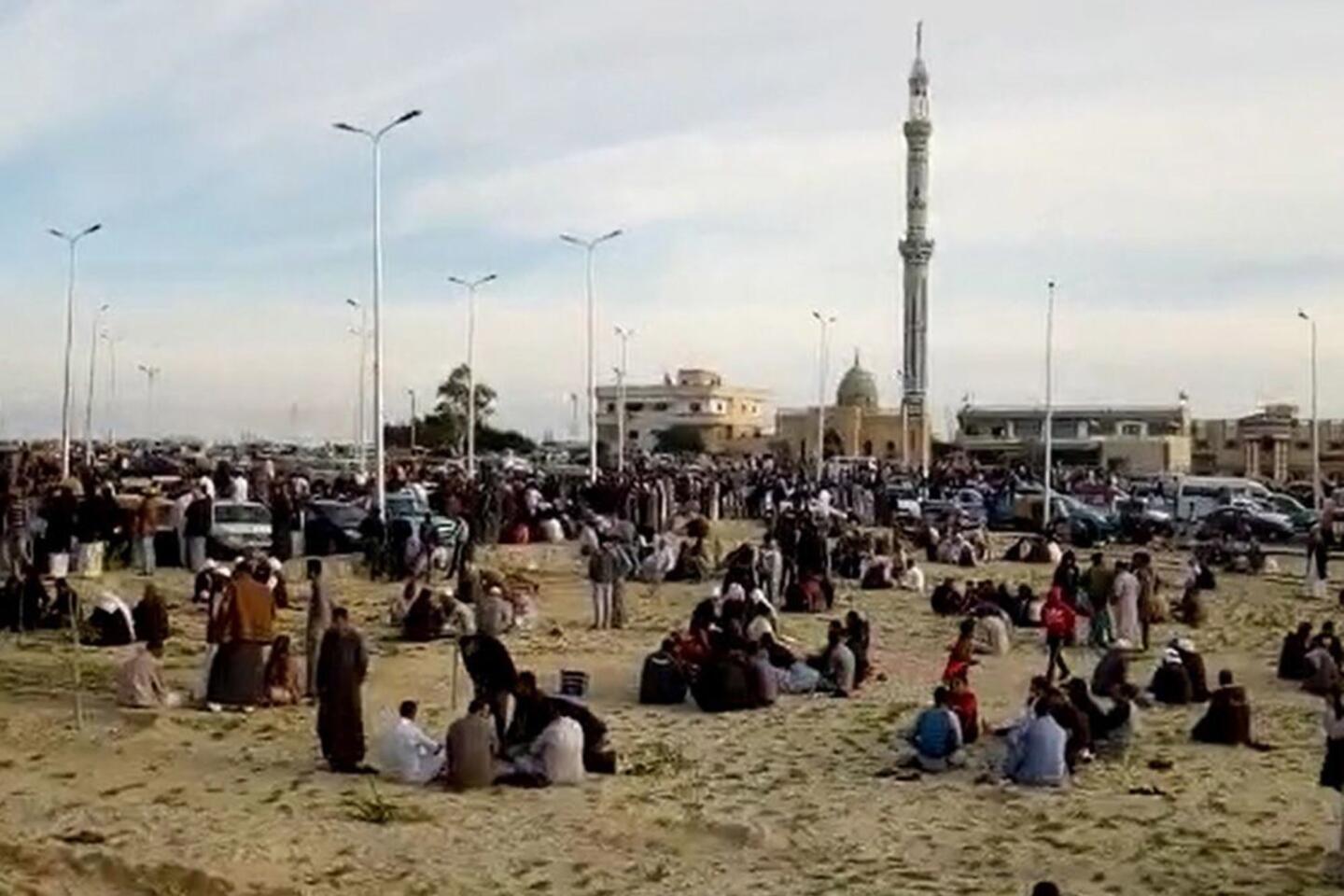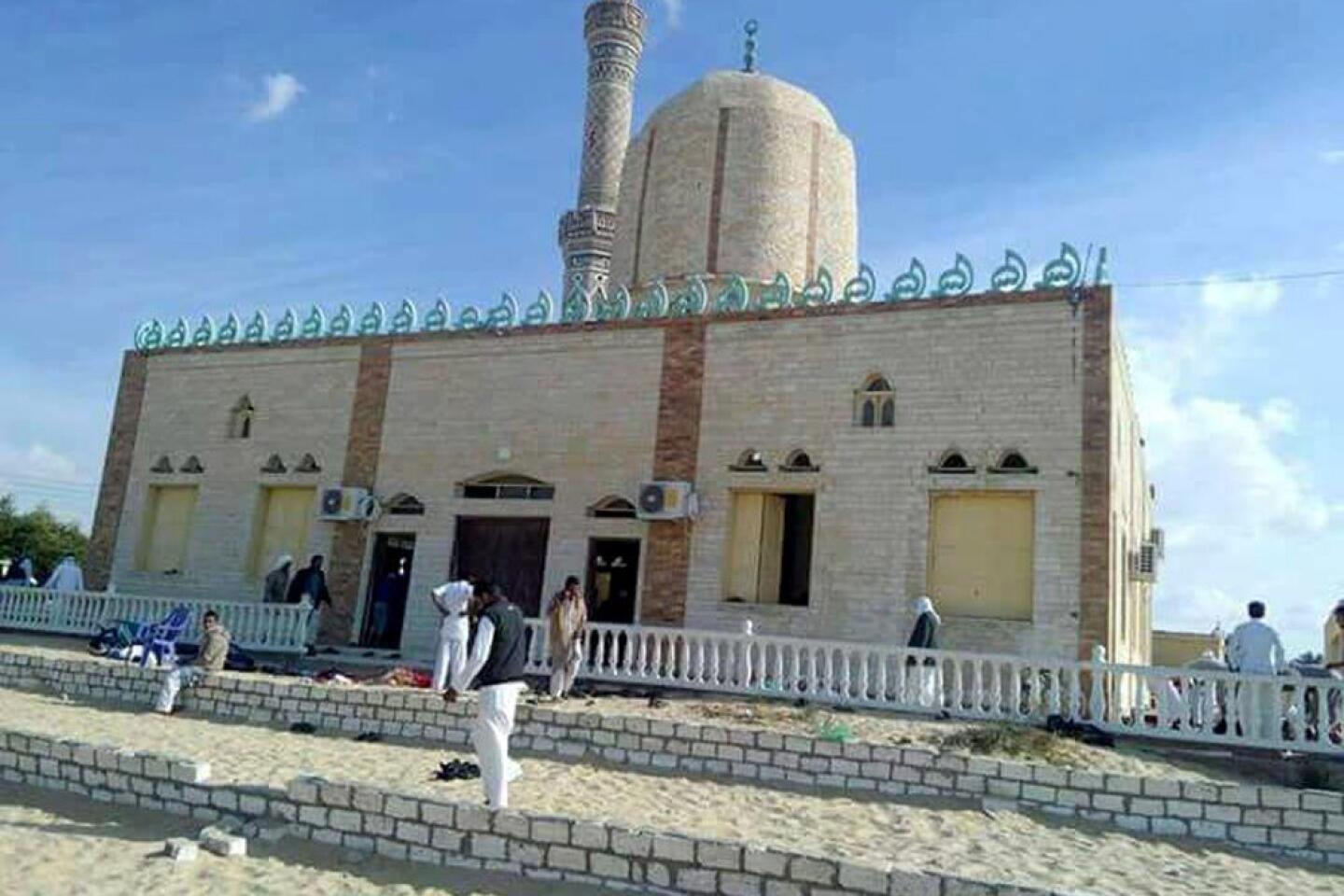Egypt strikes at suspected terrorist targets as mosque attack death toll rises
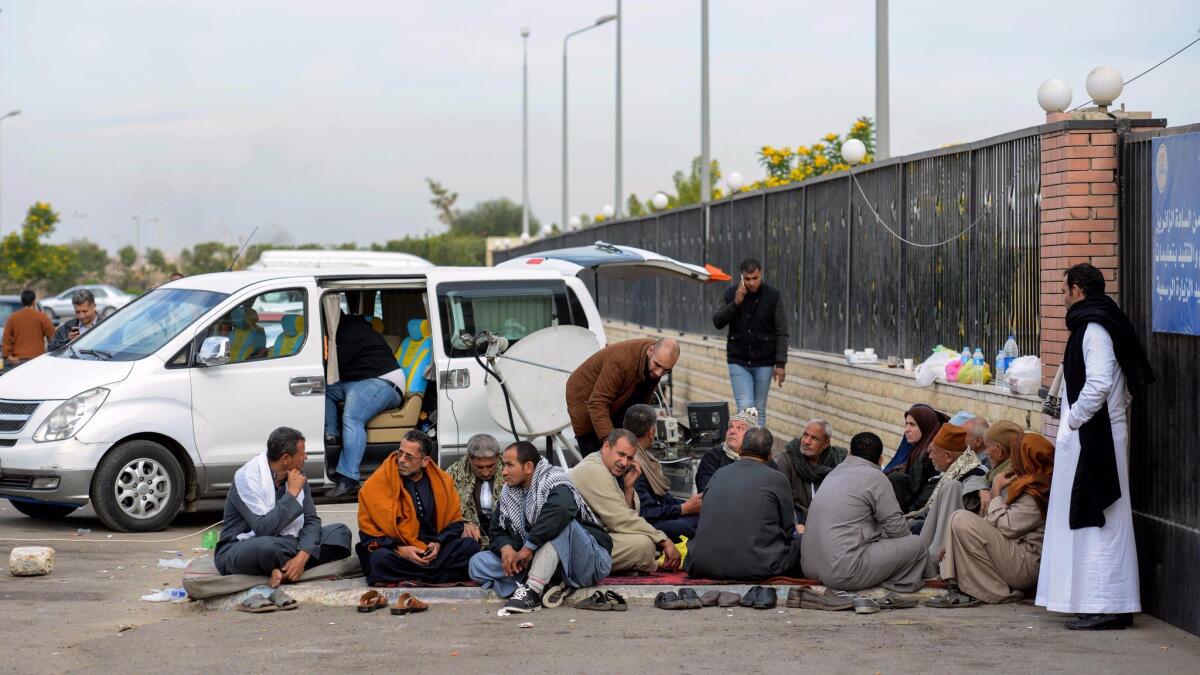
Egyptian warplanes carried out strikes against suspected terrorist targets in the volatile North Sinai region, the military said Saturday, as the toll from the country’s worst attack by suspected Islamist extremists within memory rose to at least 305 dead and 128 injured.
President Abdul Fattah Sisi has vowed to respond with “extreme force” to the devastating assault on a North Sinai mosque, in which gunmen set off explosives and sprayed worshipers with gunfire during Friday prayers. But the country’s security forces have been battling a simmering Islamist insurgency in the region for years, and it was not immediately clear what new steps might be planned.
The military said its forces chased down and destroyed a number of vehicles used in the attack, killing their occupants. Warplanes also destroyed suspected “terrorist hideouts” containing weapons, ammunition, explosive materials and what were described as “administrative necessities,” it said.
But the region has been under a virtual media blackout for years, and it was not possible to independently verify the military’s claims.
No group has claimed responsibility for Friday’s attack, but a statement issued by the office of Egypt’s chief prosecutor, Nabil Sadeq, said at least one of the assailants was carrying a black Islamic State flag.
The group’s local affiliate, known as Sinai Province, has carried out deadly attacks against police, soldiers and members of the country’s Coptic Christian minority. But the militants have not previously staged a major assault on a Muslim place of worship.
The mosque targeted Friday is frequented by Sufi Muslims, followers of a mystical branch of Islam that is deemed to be heretical by Islamic State and other Sunni extremists. Many of those who worship there are members of the Sawarka tribe, who are generally viewed as supportive of the government and have refused to cooperate with the militants.
The prosecution office’s statement provided new details about how the attack unfolded Friday.
Between 25 and 30 assailants arrived at the mosque in the small town of Bir Abed in five off-road vehicles and took up positions at its main gate and in its 12 windows, the statement said.
As the imam began to deliver his sermon, worshipers heard heavy gunfire and loud explosions coming from outside the building before the assailants stormed inside and opened fire with automatic weapons. Some were masked, while others sported thick beards and were dressed in camouflage trousers and black T-shirts, according to witnesses interviewed by investigators.
The assailants set fire to seven vehicles belonging to worshipers that were parked outside the mosque, the statement said.
Among the 305 people killed were 27 children, according to the prosecutor’s office. The scale of the bloodshed shocked Egyptians. At mosques and churches across the nation, prayers were offered for the dead Saturday.
Sisi ordered that a mausoleum be built to honor the victims.
Special correspondent Medhat reported from Cairo, and staff writer Zavis from Beirut.
Videos de Hoy San Diego
Twitter: @alexzavis
UPDATES:
10 a.m.: This article was updated with staff reporting including new details about Friday’s attack.
This article was originally published at 3:35 a.m.

